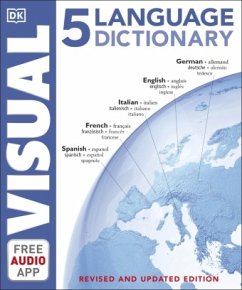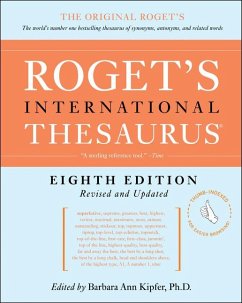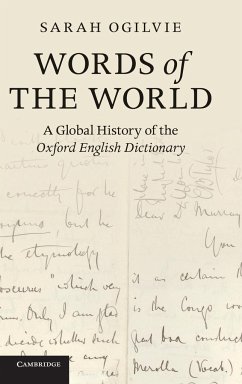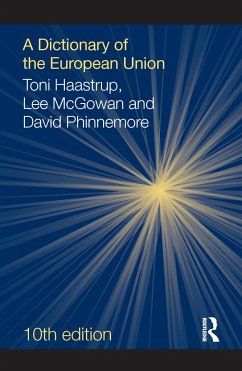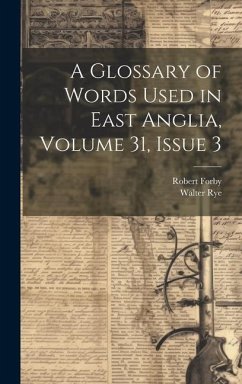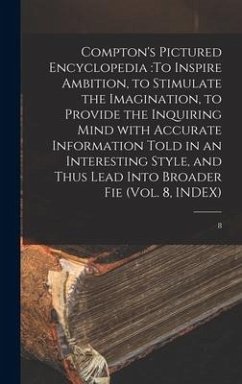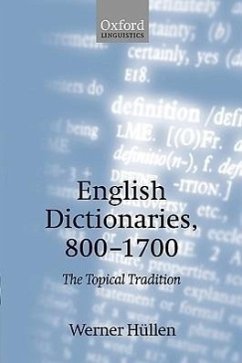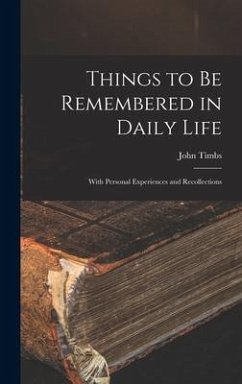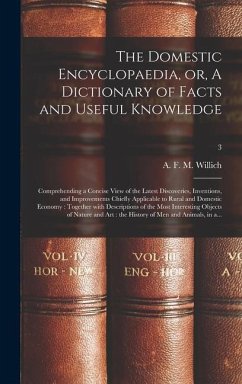
Gabbys Wordspeller ESL
Spanish to English Dictionary

PAYBACK Punkte
58 °P sammeln!
If you don't know the first 2-3 letters a word starts with how do you find it in a dictionary? Gabby's Wordspeller© Dictionary invites you to misspell your word in Spanish or English to quickly locate over 100,000 correctly spelled words. Gabby's is a learning resource tool in that each English root word you locate will provide homophones, confusable words, suffixes and prefixes. SI no conoces las primeras 2-3 letras una palabra comienza con cómo la encuentras en un diccionario? Gabby's Wordspeller© Dictionary te invita a escribir mal tu palabra en Español o Inglés para localizar rápidam...
If you don't know the first 2-3 letters a word starts with how do you find it in a dictionary? Gabby's Wordspeller© Dictionary invites you to misspell your word in Spanish or English to quickly locate over 100,000 correctly spelled words. Gabby's is a learning resource tool in that each English root word you locate will provide homophones, confusable words, suffixes and prefixes. SI no conoces las primeras 2-3 letras una palabra comienza con cómo la encuentras en un diccionario? Gabby's Wordspeller© Dictionary te invita a escribir mal tu palabra en Español o Inglés para localizar rápidamente más de 100,000 palabras correctamente escritas. Gabby's es una herramienta de recursos de aprendizaje en la que cada palabra raíz en inglés que encuentres proporcionará homófonos, palabras confusas, sufijos y prefijos. Search for you misspelled word using either Spanish or English alphabet letters in this Wordspeller Dictionary. Locate commonly used American English words with multiple misspellings per word based upon their phonetic sound. Brief definitions allow for quick referral to the proper word you wish to use allowing you access (a bridge) to a standard dictionary for further definition. Extensive cross-referencing allows for words that are either similar in meaning, sound or spelling. Is it 'petal' or 'pedal' or 'peddle'? Spanish letters are cross-referenced with English spellings as well. Spanish words such as 'jiubili, yubili, llubili' sound like 'jubilee' in American English. Asian vowel sounds such as 'lau, low or loh' closely resemble the word, 'law' in English. Localice su palabra con la ortografía española, como: Ais o aiz = ice/eye(s) Llaquet o yaket o yaquet o llaket = jacket Leit = late Defined Prefixes and all available Suffix endings are listed with each word. Use this resource learning tool as a bridge to go from the sound of your word to a standard dictionary. Satisfies all common core standards. Most proper nouns are not listed unless employed in everyday use (e.g. months, days, animals, legal, medical). Dictionary is printed in a horizontal position to allow smaller hands (children grades 3-6) to more quickly navigate. For a vertical (standard) layout please locate Wordspeller ESL; Phonetic Dictionary edition listed with most book distributors or contact the publisher . Larger database of this book available as an App named Wordspeller ESL Dictionary for Apple or American Wordspeller ESL for Android, for all digital devices.



